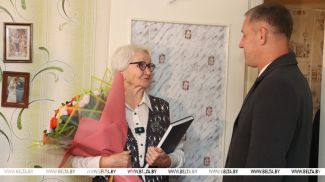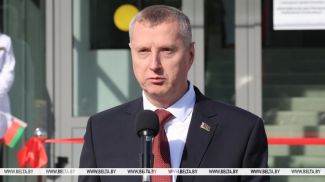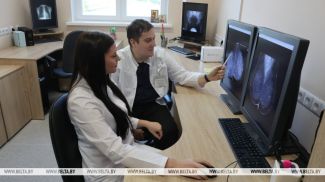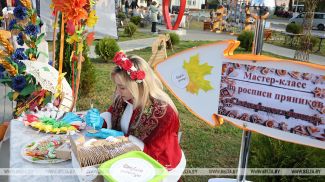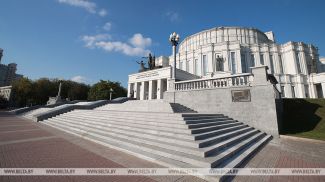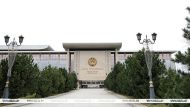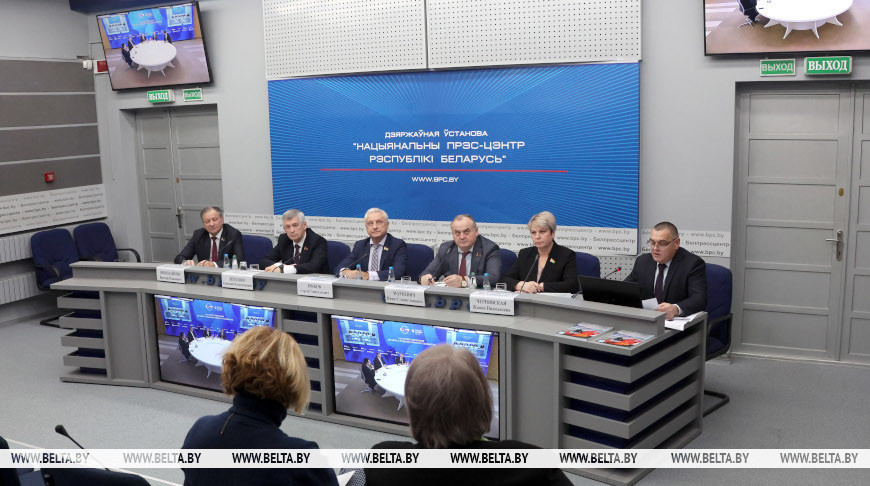
MINSK, 3 December (BelTA) – Integration processes between Belarus and Russia are proceeding very dynamically and productively, Chairman of the Union State Parliamentary Assembly Commission on International Affairs, Migration Policy and Relations with Compatriots, Chairman of the Standing Committee on International Affairs of the House of Representatives Sergei Rachkov said during a video bridge Minsk-Moscow, marking the 25th anniversary of the signing of the Union State Treaty, BelTA has learned.
“Today we are celebrating the 25th anniversary of integration processes between the Republic of Belarus and the Russian Federation. These processes are very active, dynamic and productive. If we look back at 1999, we will see how difficult the time was after the collapse of the Soviet Union. And the two sovereign and independent states - Belarus and Russia - decided to move forward together and sign a union treaty to launch integration. This is a fundamental document. It is necessary to work incessantly to implement it and analyze it from the point of view of foreign policy. After all, the document provided for establishing the Supreme State Council of the Union State, the Council of Ministers, and the Parliamentary Assembly. We still have to set up other bodies that will deal with other aspects of the integration processes between the two states.”
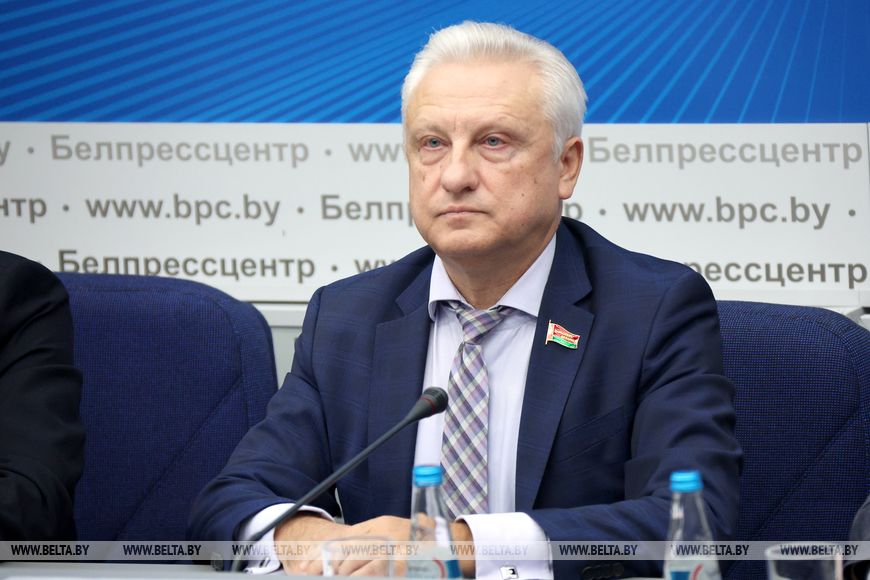
According to him, the two countries have achieved significant progress in integration over 25 years. “First of all, in the human dimension. Today, citizens of the Republic of Belarus and the Russian Federation have the same rights, have the opportunity to live and work in the other country, get education, including at higher learning institutions,” the parliamentarian emphasized.
“A lot has been achieved in the international positioning of the Union State. The Union State is an example to follow for, and perhaps even a driving force of such associations as the CIS and the EAEU. In line with the joint action program in foreign policy, we are now promoting the Union State in the UN and at other international venues, including parliamentary ones. Therefore, we are approaching the anniversary with tangible results, yet there is an exceptionally large amount of work ahead in order to fully implement the Union State Treaty,” Sergei Rachkov added.
“Today we are celebrating the 25th anniversary of integration processes between the Republic of Belarus and the Russian Federation. These processes are very active, dynamic and productive. If we look back at 1999, we will see how difficult the time was after the collapse of the Soviet Union. And the two sovereign and independent states - Belarus and Russia - decided to move forward together and sign a union treaty to launch integration. This is a fundamental document. It is necessary to work incessantly to implement it and analyze it from the point of view of foreign policy. After all, the document provided for establishing the Supreme State Council of the Union State, the Council of Ministers, and the Parliamentary Assembly. We still have to set up other bodies that will deal with other aspects of the integration processes between the two states.”

According to him, the two countries have achieved significant progress in integration over 25 years. “First of all, in the human dimension. Today, citizens of the Republic of Belarus and the Russian Federation have the same rights, have the opportunity to live and work in the other country, get education, including at higher learning institutions,” the parliamentarian emphasized.
“A lot has been achieved in the international positioning of the Union State. The Union State is an example to follow for, and perhaps even a driving force of such associations as the CIS and the EAEU. In line with the joint action program in foreign policy, we are now promoting the Union State in the UN and at other international venues, including parliamentary ones. Therefore, we are approaching the anniversary with tangible results, yet there is an exceptionally large amount of work ahead in order to fully implement the Union State Treaty,” Sergei Rachkov added.




